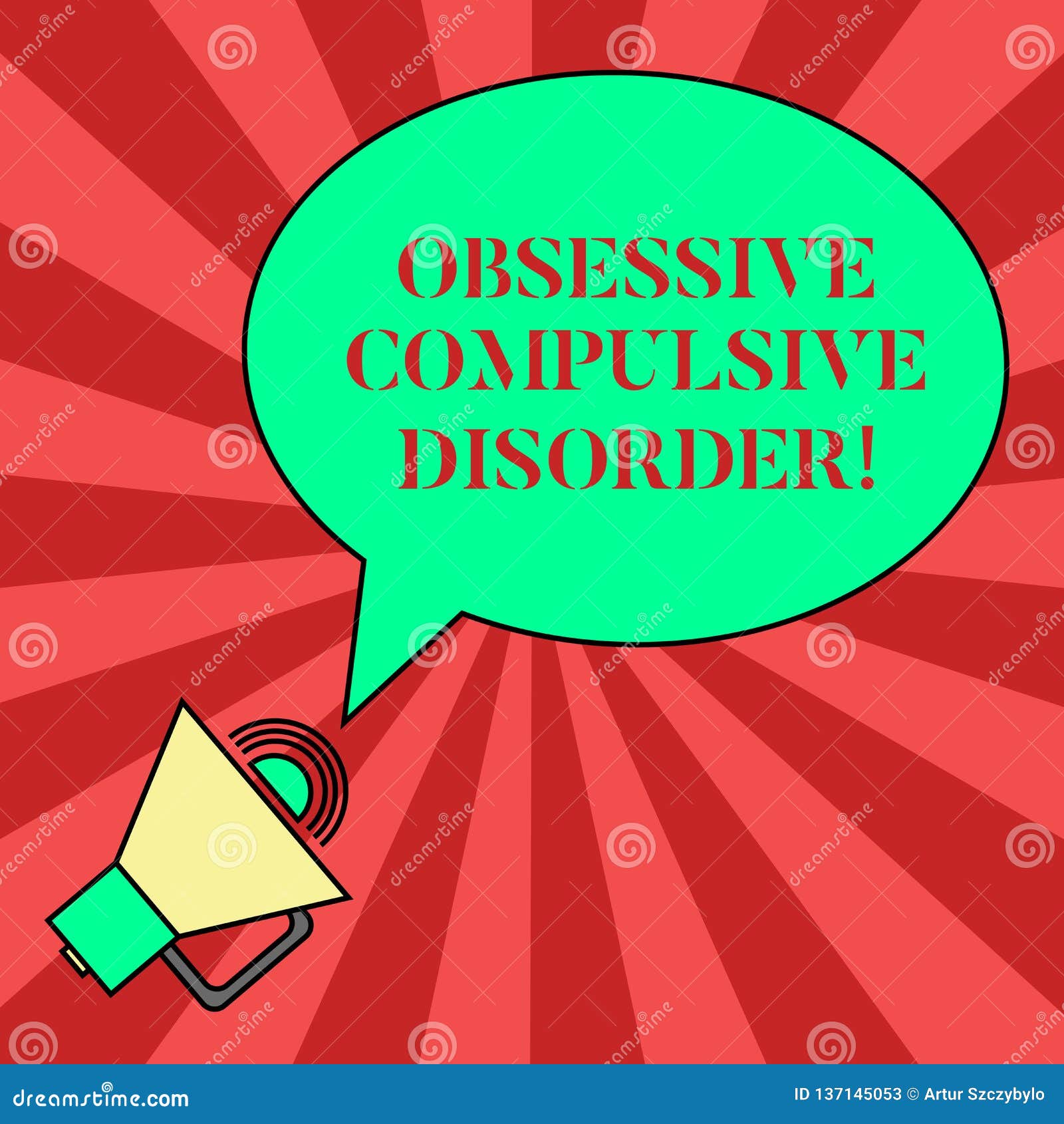

Parents or teachers typically recognize OCD symptoms in children. Although most adults with OCD recognize that their compulsive behaviors don’t make sense, some adults and most children may not realize that their behavior is out of the ordinary. People with OCD may try to help themselves by avoiding situations that trigger their obsessions, or they may use alcohol or drugs to calm themselves. Symptoms of OCD may come and go, ease over time, or worsen. It is common for people with OCD also to have a diagnosed mood disorder or anxiety disorder. Common vocal tics include repetitive throat-clearing, sniffing, or grunting sounds. Motor tics are sudden, brief, repetitive movements, such as eye blinking and other eye movements, facial grimacing, shoulder shrugging, and head or shoulder jerking. Some individuals with OCD also have a tic disorder.


Can't control their obsessive thoughts or compulsive behaviors, even when they recognize those thoughts or behaviors as excessive.Not all rituals or habits are compulsions. Repeatedly checking things, such as that the door is locked or the oven is off.Ordering or arranging items in a particular, precise way.Desire to have things symmetrical or in perfect orderĬompulsions are repetitive behaviors that a person feels the urge to do in response to an obsessive thought.Unwanted, forbidden, or taboo thoughts involving sex, religion, or harm.Aggressive thoughts toward others or oneself.Fear of losing control over one’s behavior.Fear of forgetting, losing, or misplacing something.Obsessions are repeated thoughts, urges, or mental images that cause anxiety. People with OCD may have obsessions, compulsions, or both. Most people are diagnosed with OCD by the time they reach young adulthood. OCD symptoms tend to emerge in childhood, around age 10, or in young adulthood, around age 20 to 21, and they often appear earlier in boys than in girls. If OCD symptoms are not treated, these behaviors can disrupt work, school, and personal relationships and can cause feelings of distress. People with OCD may feel the urge to check things repeatedly or perform routines for more than an hour each day as a way of achieving temporary relief from anxiety. These symptoms can cause distress and lead to behaviors that interfere with day-to-day activities. OCD is a common, long-lasting disorder characterized by uncontrollable, recurring thoughts (obsessions) that can lead people to engage in repetitive behaviors (compulsions).Īlthough everyone worries or feels the need to double-check things on occasion, the symptoms associated with OCD are severe and persistent. The thoughts and behaviors that characterize OCD can interfere with daily life, but treatment can help people manage their symptoms. People who are distressed by recurring, unwanted, and uncontrollable thoughts or who feel driven to repeat specific behaviors may have obsessive-compulsive disorder (OCD). Research Training and Career Development Opportunities.Research Conducted at NIMH (Intramural Research Program).Upcoming Observances and Related Events.Contribute to Mental Health Research Mobile navigation


 0 kommentar(er)
0 kommentar(er)
